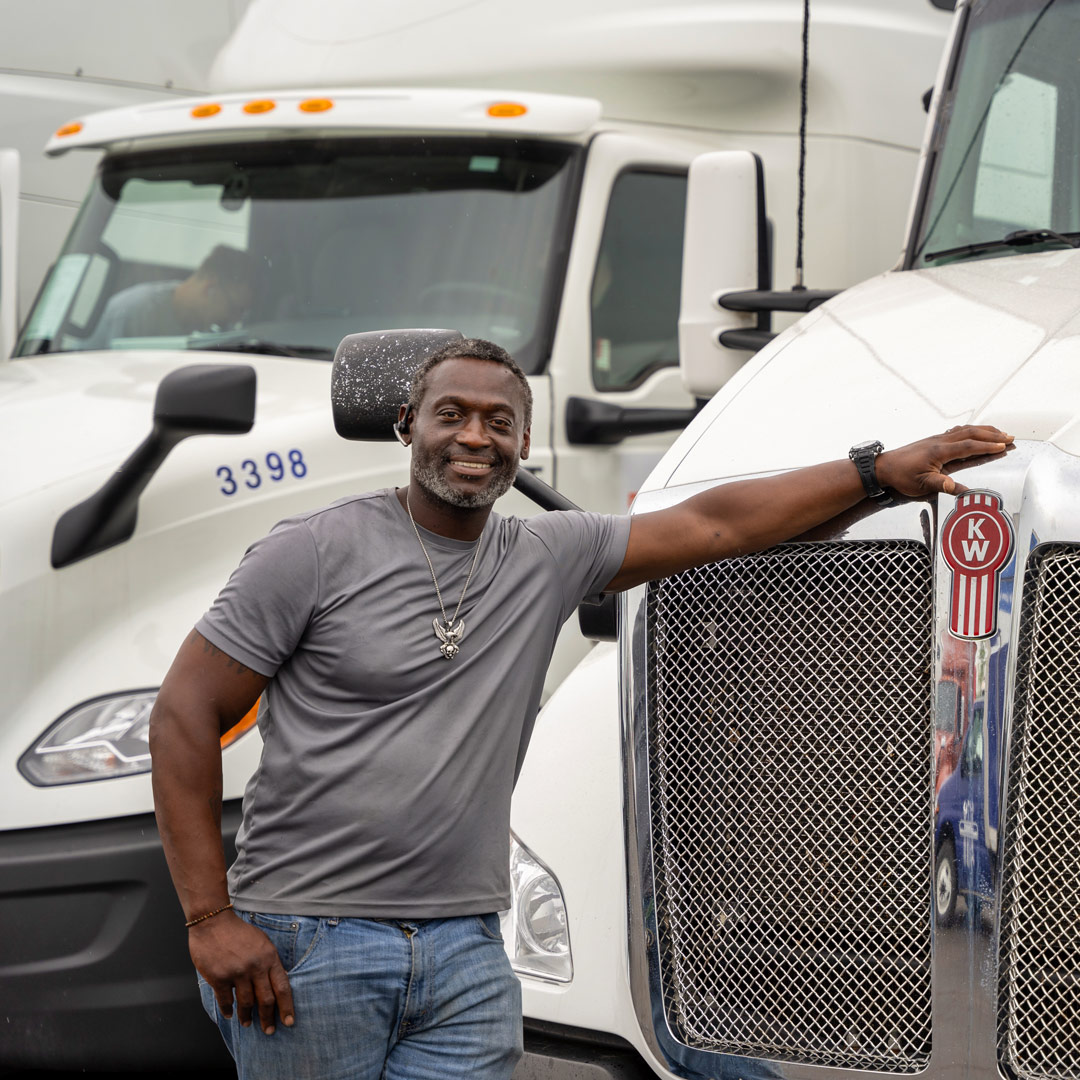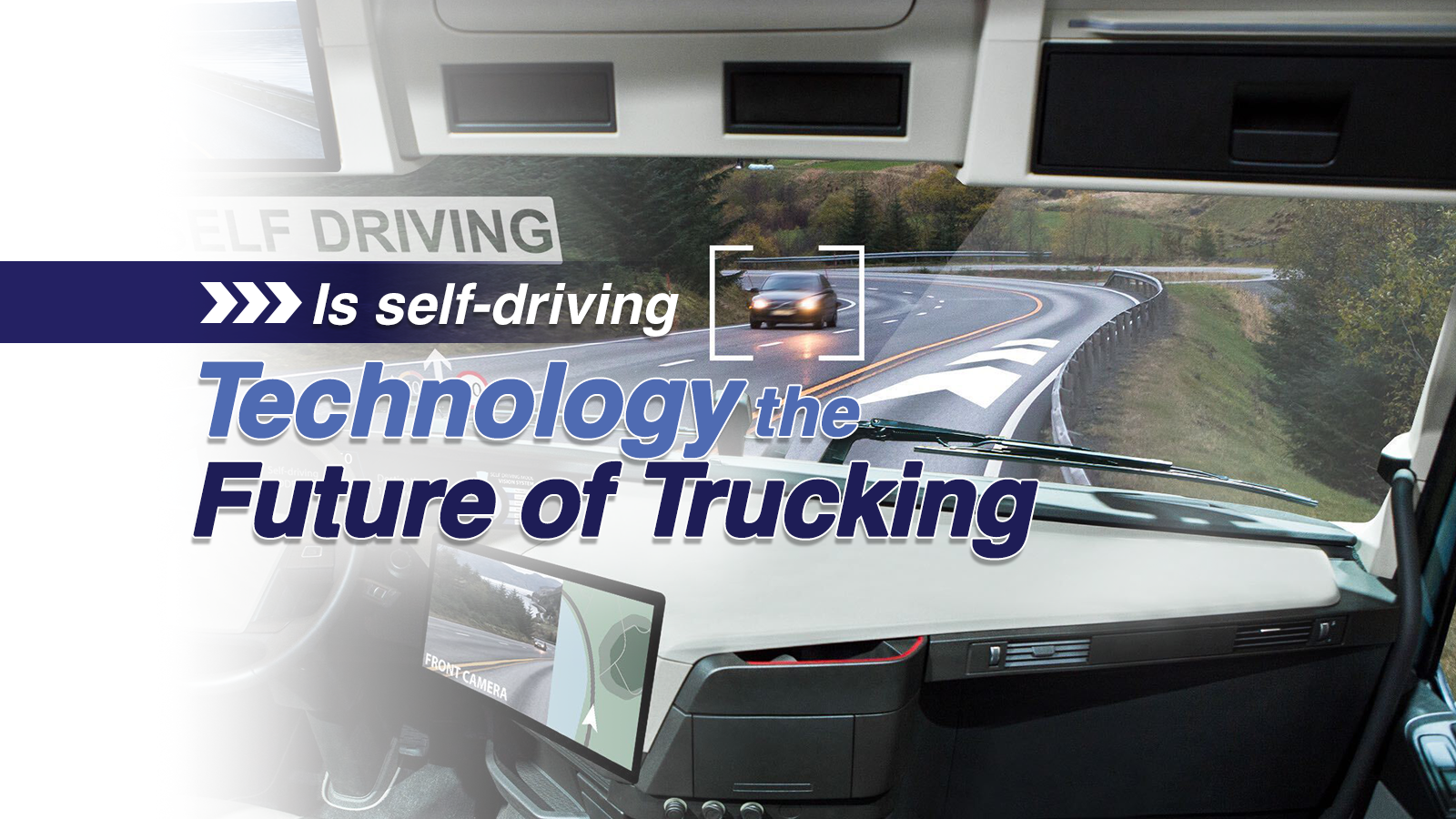In the past two months, there have been many activities related to autonomous trucking. In October 2023, a partnership between Maersk and Kodiak Robotics marked the beginning of a new era in trucking with the launch of the first commercial autonomous trucking lane between Houston and Oklahoma City. Less than a month later, Aurora Innovation’s first driverless truck lane connected Dallas and Houston, with the company revealing plans to have its fleet of autonomous trucks fully self-driving freight across Texas by the end of 2024.
Aurora currently runs 75 autonomous truckloads across Texas each week, with a safety driver and an operations specialist present in the truck. Kodiak has also been delivering eight loads per week, with a safety driver behind the wheel, for Maersk customers since August 2023.
Challenges, Concerns, and Potential of Autonomous Driving
Opinions regarding self-driving technology vary. Plenty of discussions online revolve around the technical issues with self-driving: the vulnerabilities in the technology itself, which can malfunction. Tesla Autopilot, including its full self-driving capability, has been investigated by NHTSA in connection to road accidents in the U.S. GM’s Cruise autonomous vehicles have also been looked into for pedestrian incidents. Cruise recently decided to “proactively pause driverless operations across all of their fleets,” as stated on the company’s profile on X. There is also controversy around the term autopilot in the context of driver involvement. Some feel that the presence of the safety driver, whose hands have to be on the wheel and eyes on the road at all times, cancels the very idea of self-driving. Questions about environmental factors and how autonomous trucks might handle the diverse weather conditions in OTR trucking, let alone natural disasters, also add to the overall concerns.
On the other hand, autonomous driving has the potential to address some long-term challenges faced by the trucking industry. For example, self-driving trucks can mitigate the shortage of roughly 60,000 qualified drivers, the number put forward by the American Trucking Association and its Chief Economist, Bob Costello. Despite the current setbacks, there’s also the safety potential of autonomous vehicles. NHTSA estimates that more than 40,000 people died in motor vehicle traffic crashes in 2022, while OECD research shows that the USA is among the few developed countries in which the number of injured and dead people due to road accidents has been on the rise. It would be great if such an advanced technology as self-driving could sufficiently progress to effectively prevent the destruction of property and the loss of human lives.

Embracing Technology While Valuing Human Drivers
As the trucking industry witnesses potentially revolutionary changes, many believe that automated trucks could be a productive and cost-effective change, Super Ego firmly believes in the irreplaceable value of human drivers in trucking. We see autonomous technology as an addition, not a replacement for human drivers, since human intuition and decision-making are vital in unpredictable road situations and all non-driving tasks. The future of trucking shouldn’t be about replacing truckers but using technology to enhance their role – a step toward making a driver more useful while giving them a better work-life balance.
Our commitment to our drivers is unwavering, and we invite skilled CDL holders with a minimum of 4 months of experience to join our ever-growing team. Apply here or call (630) 506-8869.


Leave A Comment